
Low-Intensity Pulsed Ultrasound (LIPUS) is not only "the black technology for treating ED," but also one of the representative achievements in the development of Micro-energy Medicine.
Starting from a single treatment point, LIPUS is expanding its applications to multiple systems and diseases, and WBL LIPUS is redefining the boundaries of physical therapy.
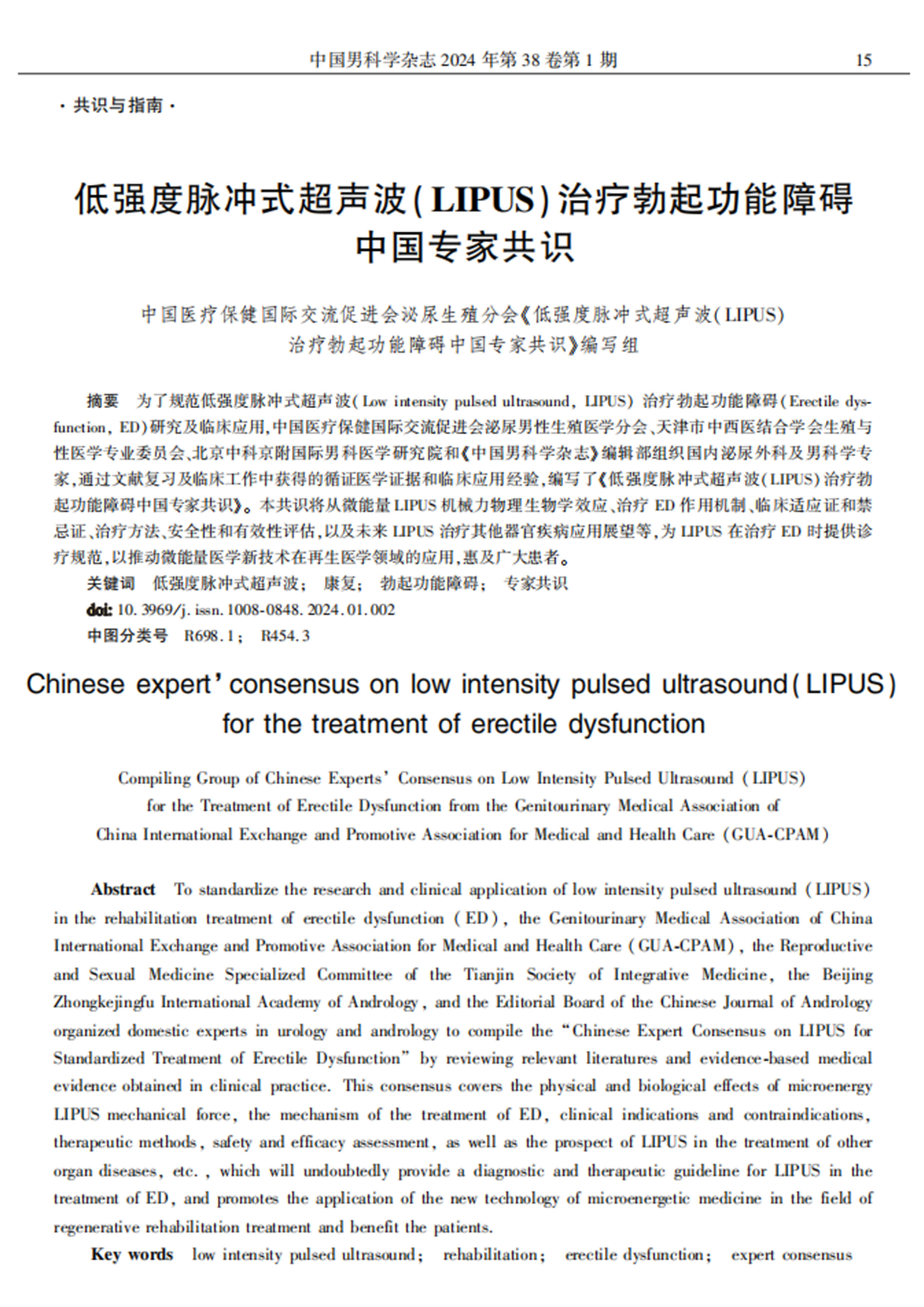
What is "Micro-energy Medicine"?
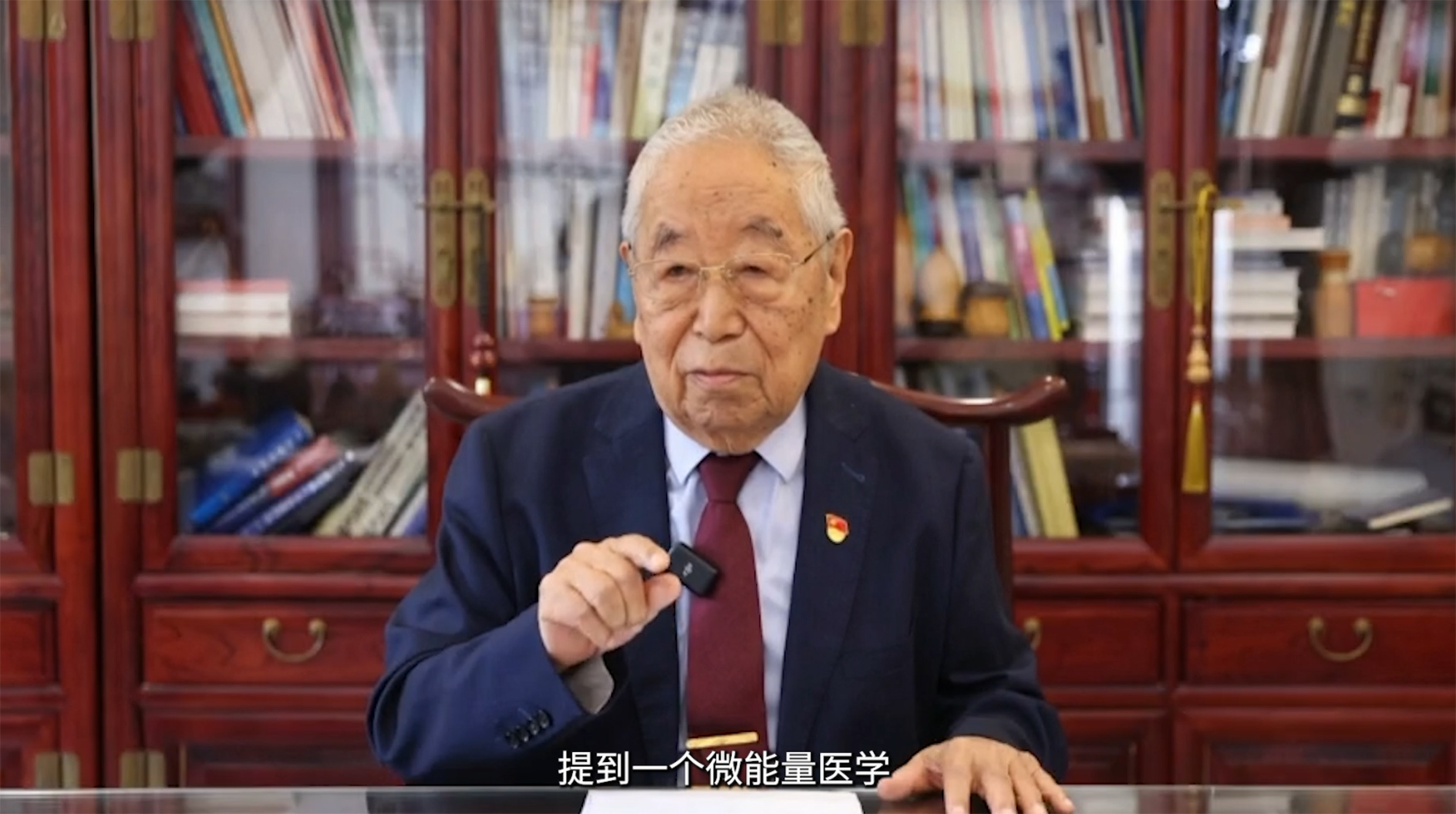
First proposed by Academician Guo Yinglu of the Chinese Academy of Engineering in 2015, Micro-energy Medicine refers to a new interdisciplinary medical field that uses extremely low energy (such as sound waves and electromagnetic waves) to activate the body's self-healing systems.
It combines life sciences, engineering physics, stem cell biology, and clinical medicine, advocating for "no drugs, no surgery, activating self-healing power," representing a new concept in life medicine.
LIPUS is the first technology to be applied clinically and achieve significant results within this theoretical framework.
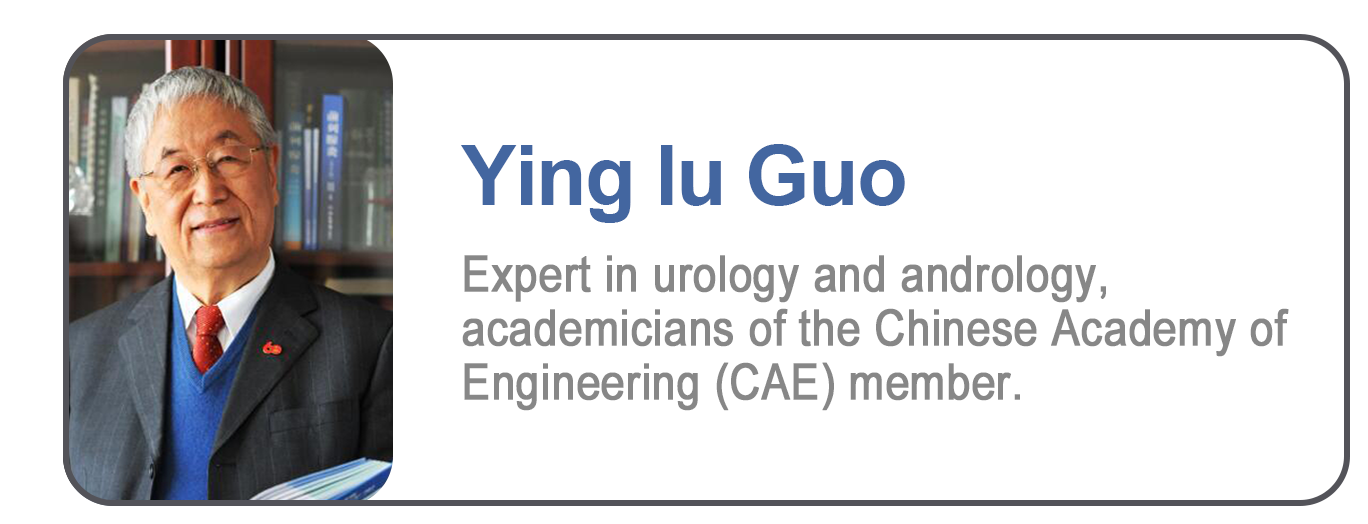
Guo Yinglu
Academician of the Chinese Academy of Engineering, expert in urology and andrology
Honorary Director of the First Hospital of Peking University
Honorary Director of the Peking University Urology Research Institute
Director of the Peking University Andrology Prevention and Treatment Center
Dean of the Peking University Urology Physician Training Academy
Director of the National Urology and Male Reproductive Cancer Center
Professor, Chief Physician, and Doctoral Supervisor at Peking University First Hospital
Mechanism of Action of LIPUS: Not Only for ED
LIPUS is not just a local stimulus but also a key tool for deeply intervening in cell repair and tissue regeneration. Studies have confirmed that it can:
1.Promote angiogenesis (VEGF↑)
2.Activate nerve regeneration (BDNF, NGF, GDNF↑)
3.Initiate differentiation and migration of endogenous stem cells
4.Anti-inflammatory and pain relief (inhibit COX-2, IL-6, TNF-α)
5.Inhibit fibrosis (regulate TGF-β1/Smad/CTGF pathways)
For this reason, WBL LIPUS has shown great potential in treating diseases beyond urology and andrology.
LIPUS is Expanding into Full-Field Clinical Applications

These indications have a common feature: traditional drug therapies have limited efficacy, and WBL LIPUS can provide personalized, non-invasive, long-term safe alternative solutions.
Innovative Research on WBL LIPUS

WBL Medical Group deeply practices Academician Guo Yinglu's "fusion innovation" concept at multiple levels. Under the guidance and strong promotion of Academician Guo Yinglu, the development of LIPUS technology, in collaboration with the teams of Professors Lu Futai and Lin Guiting from the University of California, San Francisco (UCSF) and Professor Xin Zhongcheng's team from the First Hospital of Peking University, has clarified the optimal parameter combinations for LIPUS treatment after years of multinational collaborative research. These parameters include frequency, pulse intensity, and emission method, establishing a complete theoretical mechanism and technical platform. Meanwhile, Professor Xia Shujie and Professor Li Zheng, from the First Affiliated Hospital of Shanghai Jiao Tong University, led the domestic first multi-center, randomized controlled clinical study on LIPUS, systematically verifying the efficacy and safety of LIPUS in functional rehabilitation with different treatment frequencies, providing strong support for the standardized promotion and guideline formulation of this technology.
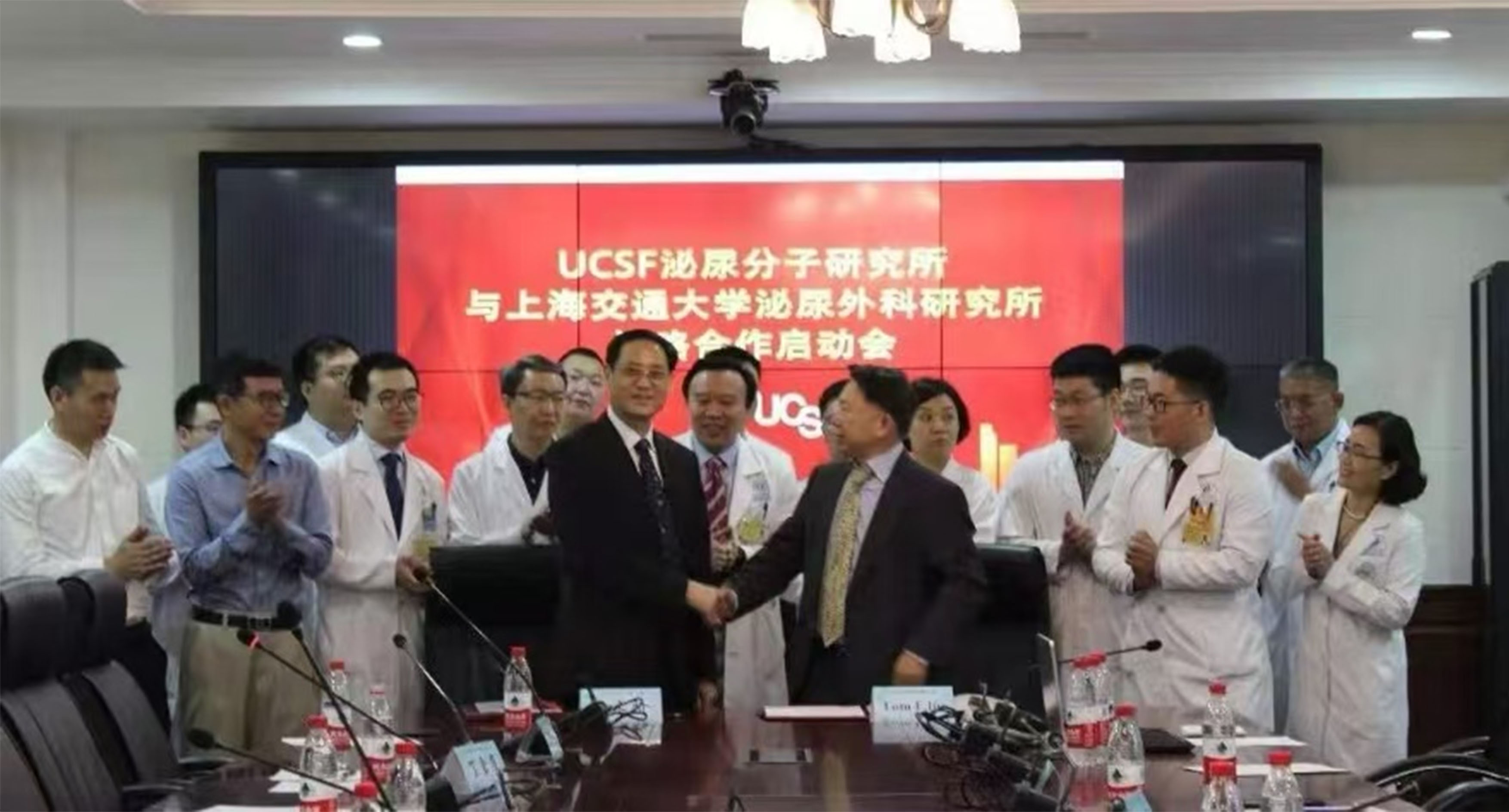
The Technical Principle of WBL LIPUS for Treating ED
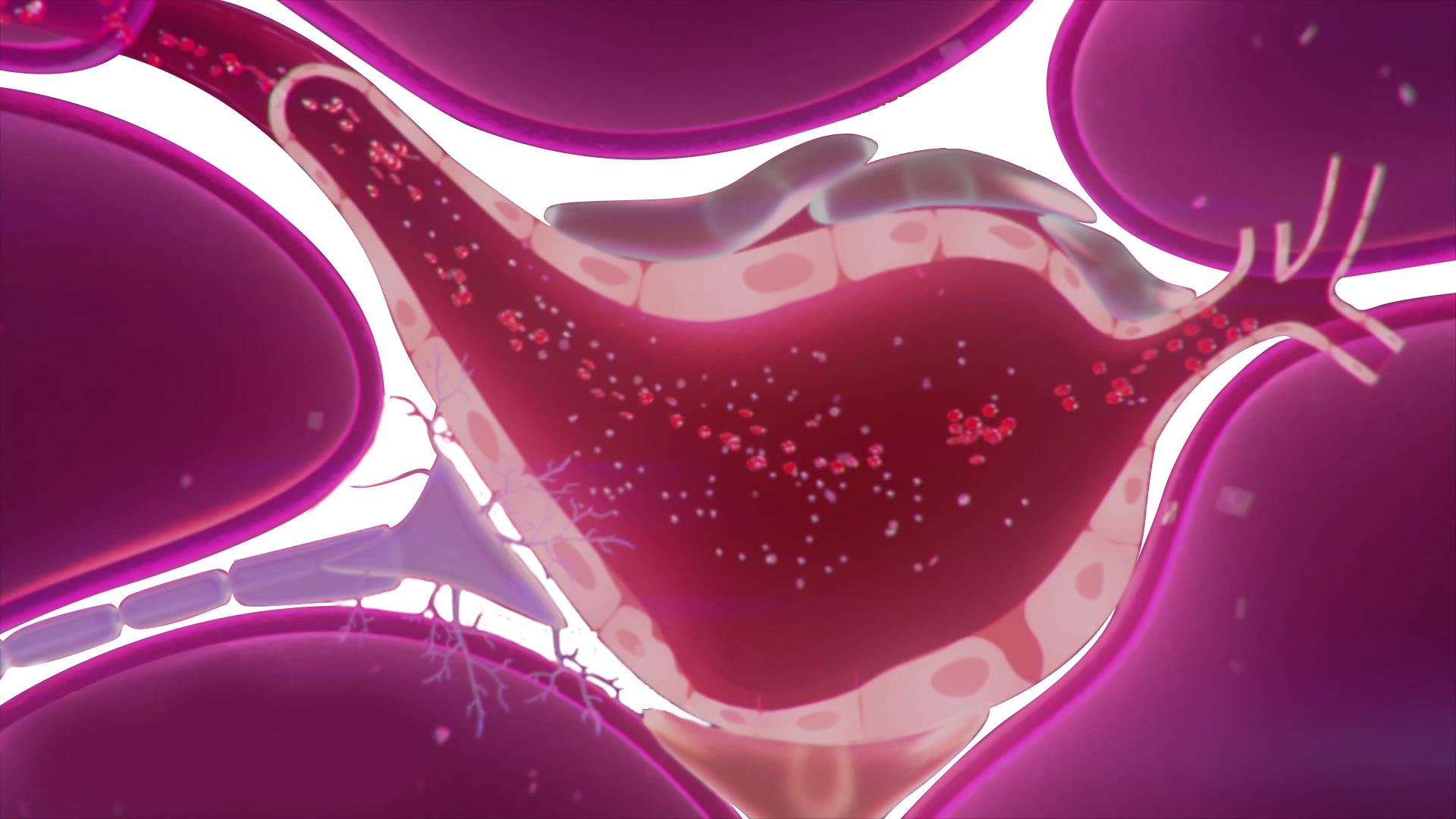
The core mechanism of WBL LIPUS is to apply low-energy pulsed ultrasound (sound intensity range 50-350 mW/CM²) to the cavernous tissue of the penis, activating endogenous stem cells, promoting blood vessel and nerve regeneration, repairing damaged endothelial cells and nerve matrix, and thus improving erectile function at the pathological level. Compared with traditional oral medications (such as PDE5 inhibitors), prosthetic implantation, or invasive therapies (such as cavernous injection), LIPUS is a safe, non-invasive treatment method that does not produce drug dependency or related side effects, nor does it involve surgical complications.

Micro-energy AI Personalization
The future of LIPUS lies not only in the expansion of its treatment scope but also in its deep integration with Artificial Intelligence (AI):
1.Intelligent matching of treatment parameters
2.Personalized treatment course recommendations
3.Real-time tracking and adjustment of treatment efficacy data
Micro-energy medicine will evolve from "standardized operations" to "intelligent rehabilitation solutions."
LIPUS not only treats diseases but also opens a door to medical innovation.
When we transform "sound waves" from imaging tools to therapeutic energy, and "mechanical forces" into signals for cellular repair, medicine is no longer just about fighting diseases but awakening the potential of life.
LIPUS is not designed for a single disease; it is an entry point to a new era of medicine.
Sources:
《Chinese Expert Consensus on Low-Intensity Pulsed Ultrasound for Erectile Dysfunction》
Public speeches by Academician Guo Yinglu
WBL Clinical Research Data Compilation